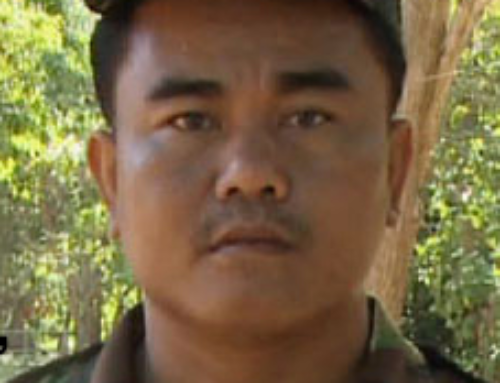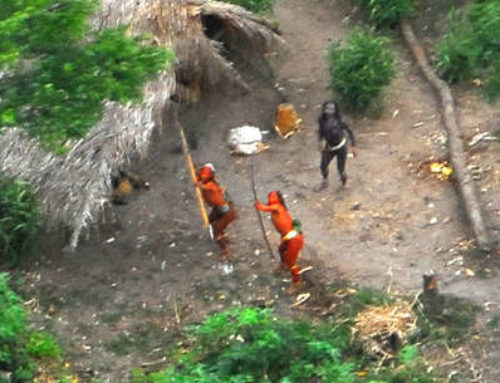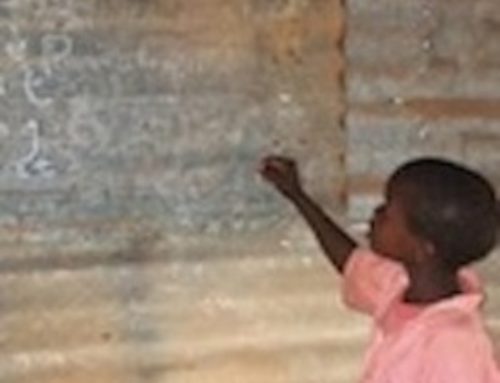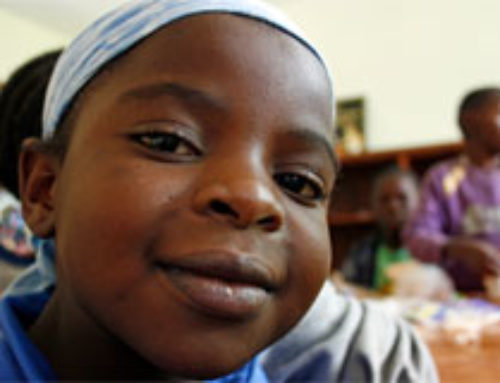 For many weeks now, tensions have been high following the presidential
For many weeks now, tensions have been high following the presidential
elections in Ivory Coast. Violence against civilians and peacekeepershave rocked the capital Abidjan and the entire country. Strongman Laurent Gbagbo has now been arrested. There are hopes that the strife will subside in Ivory Coast and all fighters (loyal to Gbagbo or to President-elect Ouattara) will lay down their arms. But the immediate future is still uncertain.
Resource: The most recent map of the conflict in Cote D’Ivoire
(courtesy: OCHA)
Thus far, more than 100,000 Ivoirian refugees have fled into neighboring Liberia. Many hundreds of thousands more remain in Ivory Coast but have been forced to flee their homes.
Care of the BBC and Oxfam, here is the account of one refugee in Liberia who was forced to flee with his family:
We left because of the war. The fighting happened at three in the morning and we just ran when we heard the gunfire. You could hear loud booming noises that sounded like bombs… boom.
We just ran for our lives when we heard that. I thought we would die. We had great difficulty getting here.
We [and my five children aged between eight and 30] had to walk for four days. There was no proper road just bush and I often had to carry my youngest son on my back.
We’re staying now at Ponah Village.
There are 35 of us living in one house. It’s difficult.
I’m appealing to the world so we can end this war. We are suffering; everything is very hard.
You can help! Will you consider making a donation for refugees?
ARC is working with Ivoirian refugees who’ve fled to Liberia. Our teams are building hundreds of emergency shelters to house refugees in Nimba County, Liberia—which borders Ivory Coast. ARC is also training additional Liberian carpenters living in villages in the affected area, so they can speed up shelter construction activities.
ARC continues to monitor all aspects of this emergency, working closely with other international organizations.
ARC has been working in West Africa for more than a decade, responding to victims of the conflicts in the region. Today, we work in Liberia helping people recover from the long-lasting scars that the conflict in that country left behind. If the conflict extends into Liberia, it could threaten the progress that has been made since the war there ended and Liberian refugees returned home to their communities.






Leave A Comment